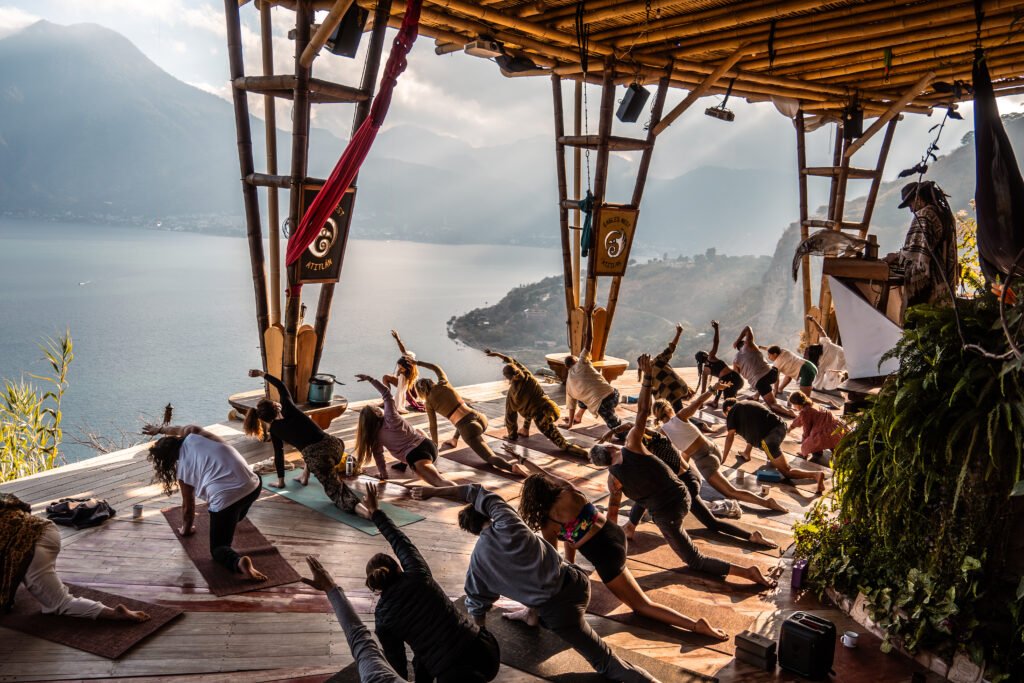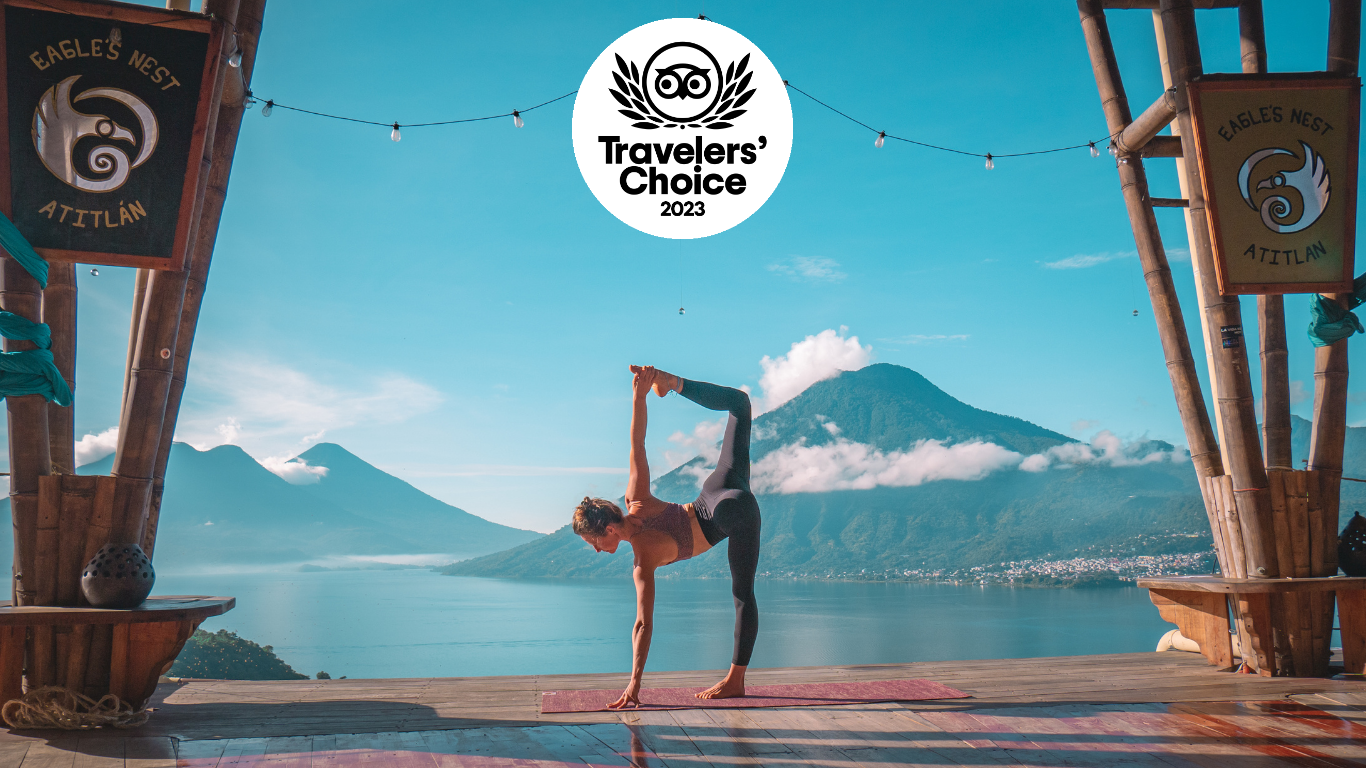Unveiling the Top 8 Contrasts: Living in Guatemala vs Canada

Comparative Overview of Life in Guatemala and Canada
The comparative overview of life in Guatemala and Canada is a multifaceted examination that delves into various aspects including economic realities, cultural differences, and societal structures. This section aims to present a balanced narrative, showcasing the contrasts and similarities between these two geographically distinct countries. The insights provided will cover a wide range of topics, from the cost-of-living disparities to the rich cultural tapestries that define each nation, offering a comprehensive understanding of what to expect when transitioning from one environment to the other.
Economic Realities: Cost of Living Differences
When considering a relocation, the economic aspect plays a fundamental role. The cost of living in Guatemala diverges significantly from that in Canada. In Guatemala, the overall expenses tend to be lower, especially in terms of housing and local food products. The affordability of services and commodities is partly due to the lower average income in the country. Conversely, Canada, with its robust economy, sports a higher cost of living but also offers commensurately higher wages. Such disparities are central considerations for those contemplating the move between these nations.
Cultural Tapestry: Diversity and Heritage
The cultural landscape of each country is rich and distinct. Guatemala is steeped in the history and traditions of the Mayan civilization, infused with Spanish colonial influences. The nation’s indigenous roots are evident in its languages, textiles, and community events. Meanwhile, Canada is a mosaic of cultures, celebrating a diversity that reflects the indigenous communities, French and British heritage, and the myriad other groups that have shaped its identity. This diversity paves the way for an array of festivals, culinary experiences, and arts that vary from coast to coast.
Climate and Geography: Adapting to New Surroundings
The exploration of climate and geography is critical when comparing the adaptation process to new surroundings in Guatemala versus Canada. This segment assesses the climatic conditions and geographic landscapes that influence lifestyle choices and daily activities. Readers will discover the nuances of Guatemala’s year-round temperate climate and Canada’s seasonal oscillations. The terrain, whether it’s the lush rainforests and ancient Mayan ruins of Guatemala or the majestic Rocky Mountains of Canada, greatly affects recreational options and oneâs overall connection to their environment.
Guatemala’s Eternal Spring versus Canada’s Four Seasons
Guatemala is lauded for its “eternal spring,” a climate featuring mild temperatures throughout the year, a stark contrast to Canada’s distinctive four seasons, each bringing its own charm and challenges. While Guatemala generally promises balmy weather, residents in Canada navigate through warm summers, vibrant autumns, snowy winters, and rejuvenating springs. The climatic shift can be significant for newcomers and is a substantial element of the adjustment process.
Natural Landscapes: From Mayan Ruins to the Rockies
Guatemala offers a landscape punctuated with volcanoes, tropical rainforests, and the storied ruins of the Mayan civilization. The nation’s natural beauty provides a unique backdrop for outdoor enthusiasts. In contrast, Canada’s scenery is varied and large-scale, boasting everything from the craggy coasts of the Atlantic to the iconic Rocky Mountains. Each geographical feature contributes to a country’s appeal and the lifestyle of its inhabitants.
Navigating the Socioeconomic Landscape
Navigating through the socioeconomic landscapes of Guatemala and Canada reveals a stark contrast in work opportunities, healthcare systems, and quality of life variables. This section will dissect the employment market, accessibility to healthcare, and social welfare in both countries, providing a deeper understanding of the challenges and benefits within each society. The analysis includes an examination of the career prospects in emerging sectors, the efficacy and reach of healthcare provisions, and the socio-economic support structures that influence individual livelihoods.
Work Opportunities and Career Prospects
The job markets in Guatemala and Canada present different prospects and challenges. In Guatemala, agricultural and textile sectors often dominate, with tourism also providing a substantial share of employment. Canadian job seekers find a more diverse economy with flourishing industries such as technology, services, and resource extraction. Each country offers unique career trajectories influenced by its economic structure and opportunities.
Healthcare Systems: A Study of Accessibility and Quality
Healthcare is a pivotal issue for potential expatriates. Guatemala’s healthcare system includes both public and private options, with the quality and accessibility varying greatly. Urban areas have better facilities than rural ones. In contrast, Canada’s healthcare system is recognized for its inclusive and publicly funded health services, providing comprehensive care for residents across provinces, albeit with anticipated wait times for certain procedures.
Lifestyle and Leisure: Finding Joy in Different Climates
Lifestyle and leisure are profoundly influenced by a country’s climate, and this section explores how people find happiness and enjoyment in the varied climates of Guatemala and Canada. Whether it’s through Guatemala’s open-air events that take advantage of its eternal spring or Canada’s embrace of wintry sports and summer getaways, each country has cultivated unique recreational activities. This exploration uncovers how these activities not only represent ways to relax but also act as cultural expressions and community-builders within both nations.

Education Systems Compared: A Future for Families
When families consider moving to a new country, the education system becomes a focal point of their decision-making process. In this comparison, we’ll delve into the primary, secondary, and higher education opportunities available in Guatemala and Canada. The section will address the challenges and prospects within each system and how they serve as a bedrock for the future generation. Special attention will be placed on the educational philosophies, access to resources, and overall quality that characterize each nation’s approach to education, shaping the citizens of tomorrow.
Primary and Secondary Education: Setting the Foundation
Education stands as a priority for families moving abroad. Guatemala offers a mixture of public and private schooling, with a curriculum that embraces the country’s rich history. Canada is known for its high standards of education, publicly funded, and universally accessible, all hallmarks of its pledge to formative learning.
Higher Education: Opportunities Abound
For tertiary education, Guatemala has its own respected institutions, though they are sometimes outshined by the availability of scholarships and resources in larger countries. Canada boasts numerous globally recognized universities, appealing to an international student body and fostering an environment of research and innovation. These institutions become a beacon for those seeking advanced education in a variety of fields.
Safety and Security: A Glimpse Into Daily Life
Safety and security are paramount concerns for anyone relocating internationally, and this section provides a glimpse into the everyday realities of living in Guatemala as compared to Canada. We’ll investigate the varying degrees of safety, both personal and communal, delving into crime rates, law enforcement efficacy, and emergency services. The intent is to offer an objective view of the security landscape in each country, providing potential movers with vital information that could shape their decision-making and peace of mind.
The Immigration Experience: Stories of Relocation
The narrative of relocation carries with it stories of immense personal transition and adaptation. This part of the discussion focuses on the immigration experience from Guatemala to Canada or vice versa. By sharing individual stories and reflections, this section aims to humanize the process of immigration, touching upon the emotional, cultural, and logistical nuances of making such a significant life shift. These accounts serve to enlighten readers about the complexities and triumphs faced during the journey of relocation.
Residents’ Perspectives: Interviews and Testimonials
This section is dedicated to the residents’ perspectives, offering a platform for interviews and testimonials that reveal the true essence of life in Guatemala and Canada. The primary goal is to capture the voices and personal experiences of those who call these countries home. From long-term expatriates to natives, these firsthand insights provide a rich tapestry of stories that shed light on the day-to-day reality, societal dynamics, and cultural idiosyncrasies unique to each setting. The authentic reflections found here are crucial in painting a complete picture of the immigrant experience.
FAQ: Questions and Answers of Living in Guatemala vs Canada
Is it a good idea to move to Guatemala?
Moving to Guatemala involves personal considerations. Its cultural richness, scenic beauty, and affordable living attract many, yet challenges like language barriers, infrastructure, and safety must be weighed carefully.
How much money do you need to live comfortably in Guatemala?
The amount of money needed to live comfortably in Guatemala varies depending on your lifestyle, the size of your family, and the region you choose to live in. Guatemala City and Antigua are generally more expensive than smaller towns and rural areas. On average, a single person might expect to spend anywhere from $1,200 to $1,500 per month to live comfortably, which includes housing, utilities, food, transportation, and entertainment. A family may need between $2,500 and $3,500 per month. It’s worth noting that luxury amenities and imported goods can increase these costs significantly, while those willing to live like the locals and shop at local markets may find they can live on less.
How is the quality of life in Guatemala?
The quality of life in Guatemala can be quite varied, reflecting the diversity of its landscapes, economic conditions, and cultural settings. For many, the quality of life is high due to the low cost of living, the close-knit nature of communities, the vibrant culture, and the beautiful surroundings. Access to fresh produce and outdoor activities are among the perks. Conversely, some challenges affect the quality of life, including political instability, economic disparities, and issues with crime. Infrastructure such as roads, sanitation, and public health facilities can be lacking, especially in rural areas. Expatriates will find varying degrees of quality of life depending on their personal resilience, ability to adapt, and the degree of comfort they require.
What are the advantages of living in Guatemala?
Living in Guatemala presents several advantages: the cost of living is relatively low, making it a financially viable option for many retirees and expatriates. The climate is diverse across the country, with something for everyone, from tropical coastlines to temperate highlands. Guatemala hosts a wealth of natural beauty, including volcanoes, lakes, and ancient Mayan ruins, which provide ample opportunities for exploration and adventure. The cultural experience is rich and varied, with numerous indigenous traditions still very much alive. Additionally, the expat community is growing, offering a support system for those relocating. However, it’s crucial to weigh these advantages against potential downsides such as safety concerns and varying levels of access to modern conveniences.
What are the healthcare options for expatriates in Guatemala?
Guatemala offers a range of healthcare options for expatriates, including private clinics, hospitals, and pharmacies that are generally available in larger cities like Guatemala City and Antigua. Many doctors and medical staff in these areas speak English. While the quality of healthcare may not consistently match up to North American or European standards, some facilities are equipped with modern technology and provide high-quality services. Expatriates typically opt for private health insurance or international health plans to cover medical expenses and ensure access to better facilities. Healthcare costs are significantly lower than in many developed countries, making it more accessible but still advisable to secure insurance.
What is the expat community like in Guatemala?
The expatriate community in Guatemala is a diverse and growing population, comprised of retirees, entrepreneurs, volunteers, and missionaries, among others. Towns like Antigua and Lake Atitlan are particular hotspots for expat residents, contributing to a vibrant international scene. This community often provides a network for social events, business opportunities, and mutual support, essential for adjusting to a new country. The presence of international schools and organizations helps with integration and finding like-minded individuals. However, the size and cohesion of the expat community can vary greatly depending on the location within Guatemala.
What is the transportation like in Guatemala?
Transportation options in Guatemala range from public buses known as ‘chicken buses’ to private shuttles, taxis, ride-sharing, and domestic flights. While major cities and tourist locations are relatively well-served by various types of transportation, the quality and safety of public transportation can be inconsistent, with chicken buses known for being crowded and potentially hazardous. Many expats choose to own a vehicle for convenience and safety, especially if living outside of the main cities. The condition of the roads can be poor in rural areas, and driving requires caution due to traffic congestion and local driving customs.
What are the educational opportunities for children in Guatemala?
Families moving to Guatemala will find various educational opportunities for their children, including public, private, and international schools. Public schools may present the challenge of language barriers and cultural differences, as instruction is typically in Spanish. Private and international schools offer curricula in English and other languages, with some following the American, British, or International Baccalaureate (IB) education systems. Such institutions often have stronger infrastructures, smaller class sizes, and a broader range of extracurricular activities. They are generally the preferred choice for expatriate families but come with higher tuition fees.
Summary of Living in Guatemala vs Canada
In our journey through the blog “Unveiling the Contrasts: Living in Guatemala vs Canada,” we’ve explored a myriad of elements that define the experiences within these two diverse nations. We compared the economic landscapes, recognizing the vast disparities in the cost of living. Our cultural exploration revealed the rich tapestry of history and traditions unique to each country.
The climates of Guatemala and Canada, as different as their geographical features, offer unique adaptations for residents—from the eternal spring of Guatemala to the distinctive four seasons of Canada. We marveled at the natural beauty that ranges from the ancient Mayan ruins to the majestic Canadian Rockies.
The socioeconomic landscape provided insights into the job market and healthcare systems, highlighting the opportunities and challenges within each country. Meanwhile, discussions surrounding lifestyle and leisure exemplified how joy can be found in both the warm Central American environment and the colder Canadian settings.
We dove into the education systems, examining the quality of primary, secondary, and higher education, recognizing that both nations value the foundation for future generations. The considerations of safety and security provided a glimpse into the daily lives of the citizens, emphasizing the peace and stability that are paramount to a community’s wellbeing.
The immigration experience, detailed through heartfelt stories of relocation, showed the resilience and adaptability of those who have moved between these countries, while interviews and testimonials from residents painted an authentic picture of the day-to-day life.
In sum, living in Guatemala vs Canada presents a spectrum of contrasts and similarities, each with its unique offerings and challenges. The choice of home between these nations depends on personal priorities, values, and the pursuit of one’s own definition of happiness and fulfillment. Whether drawn by the allure of diverse climates, educational prospects, or the quest for a new lifestyle, this comprehensive discussion sheds light on the intricate details that could guide such a life-changing decision.

Don’t know where to stay? At Eagles Nest we offer all inclusive rooms. Enjoy the included yoga classes, delicious traditional food, and breathtaking views. We also host yoga retreats, make sure to attend during your stay. Book here.



